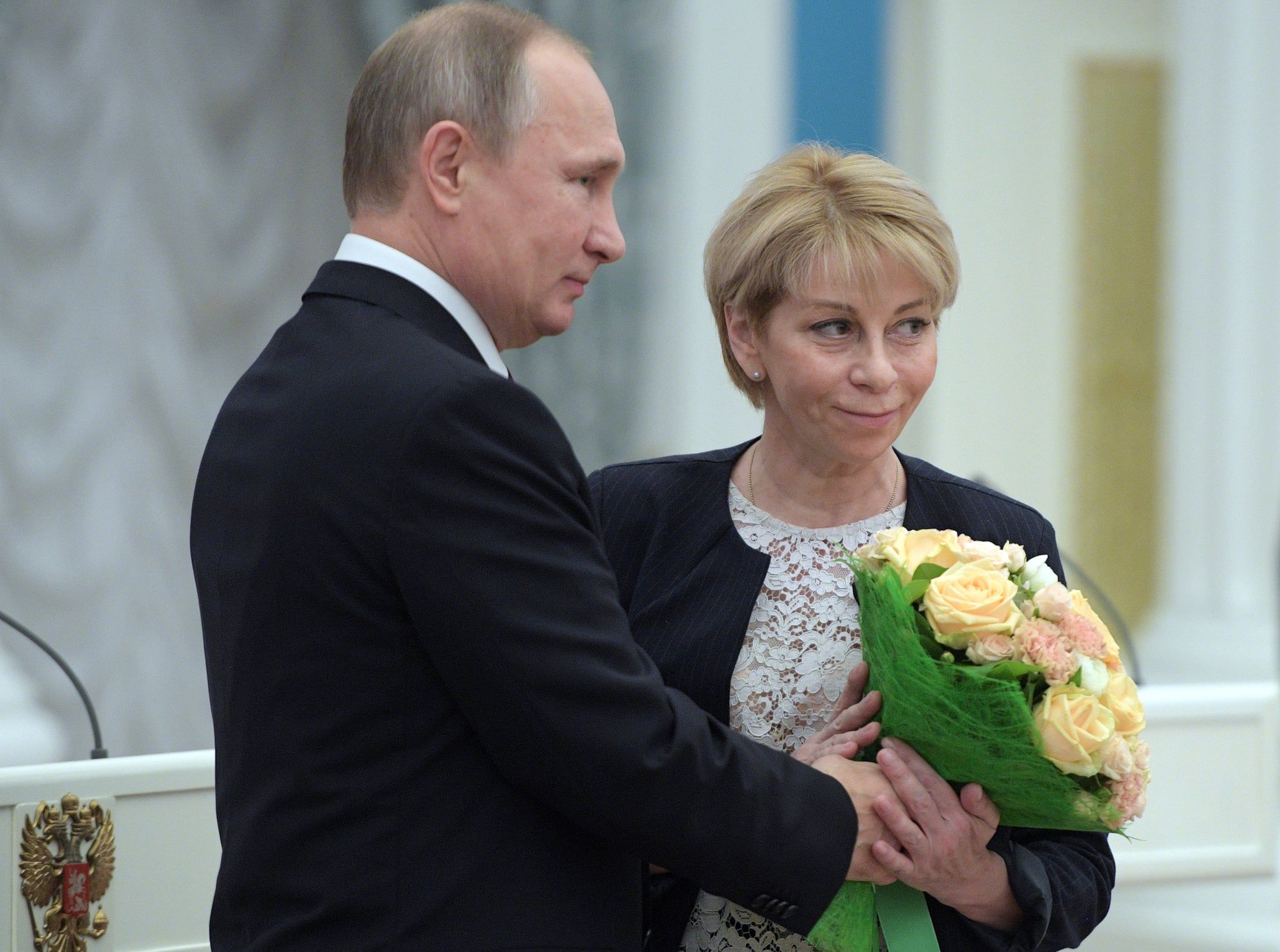Russia plane crash: Much-loved charity boss and humanitarian among 92 killed
Elizaveta Glinka was transporting medical supplies to Syria

Terrorism was likely not the cause of the Black Sea plane crash involving a Russian military jet carrying 92 people on Sunday morning, the country’s transport ministry has said.
As Russia began a day of mourning on Monday, minister Maxim Sokolov said more than 3,000 rescue workers were involved in a huge search of the crash site, but that no survivors had been found.
Either a pilot error or a technical fault on board the Tu-154 mid-range military airliner were described as the most likely causes for the crash, which occurred just two minutes after the plane took off from the resort city of Sochi.
More details have started to emerge about the 84 passengers and eight crew feared dead as a result of the disaster, 68 of whom were believed to be members of the world-renowned Alexandrov Ensemble, the official choir of the Russian Armed Forces.
On Sunday night it was confirmed that those killed also included the revered Russian humanitarian Elizaveta Glinka, better known simply as “Dr Liza”, who was accompanying the choir to deliver medical supplies to a hospital in Latakia, Syria.
Ms Glinka, 54, was head of the Fair Help charity and best known for her work in eastern Ukraine, where she oversaw efforts to extract sick and injured children from the war zone.
According to RT there was some initial confusion over her fate, with some media outlets reporting that she had failed to board the flight after a security check.
But her death was later confirmed by her charity and the defence ministry.
Mikhail Fedotov, head of the Presidential human rights council, revealed that he too had been due to fly on the doomed airliner alongside Ms Glinka, but that he was ultimately barred from doing so.
“This is horrible news,” he told Interfax. “I don’t want to believe it… I can’t believe she’s no more.
“I knew she was flying, Moreover, we were intending to fly together, but only she got approval.
“And I know she went there to bring medical supplies. It wasn’t a tour, a leisure trip. She was bringing medicines to the university hospital in Latakia.”
As of Monday morning, rescue teams had recovered 11 bodies and fragments of bodies. Those were flown to Moscow, where the remains will be identified.
Minister Sokolov’s televised comments about the cause of the crash were called into question by some aviation experts, who noted factors that could suggest a terror attack, such as the crew's failure to report any malfunction and the fact that plane debris was scattered over a wide area.
"Possible malfunctions ... certainly wouldn't have prevented the crew from reporting them," Vitaly Andreyev, a former senior Russian air traffic controller, told RIA Novosti.
Emergency crews on Sunday found fragments of the plane about 1.5km (1 mile) from the shore but a deputy defence minister told Russian news agencies that experts estimated the Tu-154 crash site at 6km (3.7 miles) from the shore.
It’s a little over 14 months since a Russian plane was targeted in a terrorist attack, when a jet carrying mostly Russian tourists back from vacation in Egypt was brought down by a bomb over the Sinai Peninsula, killing all 224 people aboard. Officials said the explosive was planted in the plane's luggage compartment, and the local arm of the Isis group claimed responsibility.
The Sochi plane, which originated from Moscow's military airport of Chkalovsky and stopped in the Black Sea resort for refueling, was taking the military choir to perform at a New Year's concert at a Russian air base.
Despite the Syrian connection, Sokolov said the government sees no need to heighten security measures at Russian airports.
Additional reporting by agencies
Join our commenting forum
Join thought-provoking conversations, follow other Independent readers and see their replies
Comments